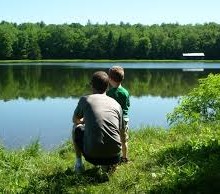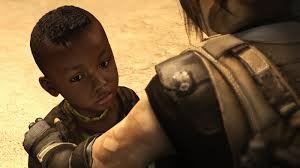We pay little heed, however. We think that this is just our “imagination.” The unknown reality is alive in our own psyche. There are hints of it in all of our experience. We would not be alive, in our terms, if first we did not imagine oneself as we are. Play is, in fact, one of the most practical methods of survival, both individually and for the species. Within its framework lie the secrets of creativity, and within the secrets of creativity lie the secret of being.
The life that we consider real represents one narrow stratum of even our physical experience. I am not speaking here of other realities that could add to that dimension. Play brings us a needed rest from our distorted concepts of selfhood, and many of the world’s finest inventions have come when the inventor was not concentrating upon work, but indulging in pastimes or play.
We are involved with some of our counterparts more or less directly, while others live in different lands, and are sometimes separated also in terms of age differences or culture–qualities with which we would find it difficult to relate. Intuitively, we know who the counterparts are in our daily experience. This does not mean that if we become consciously aware of such affiliations we must then feel it our responsibility to form a kind of culture of counterparts, or try and affect other people’s lives by reminding them of our relationship. We are each individual. Some of the people we dislike most heartily may be counterparts. Each of us may be exploring different aspects of the same overall challenge.
There is nothing esoteric about families. They represent the kind of relationships that we take for granted. The same applies to counterparts, except that we are not ordinarily familiar with the term or concept.



